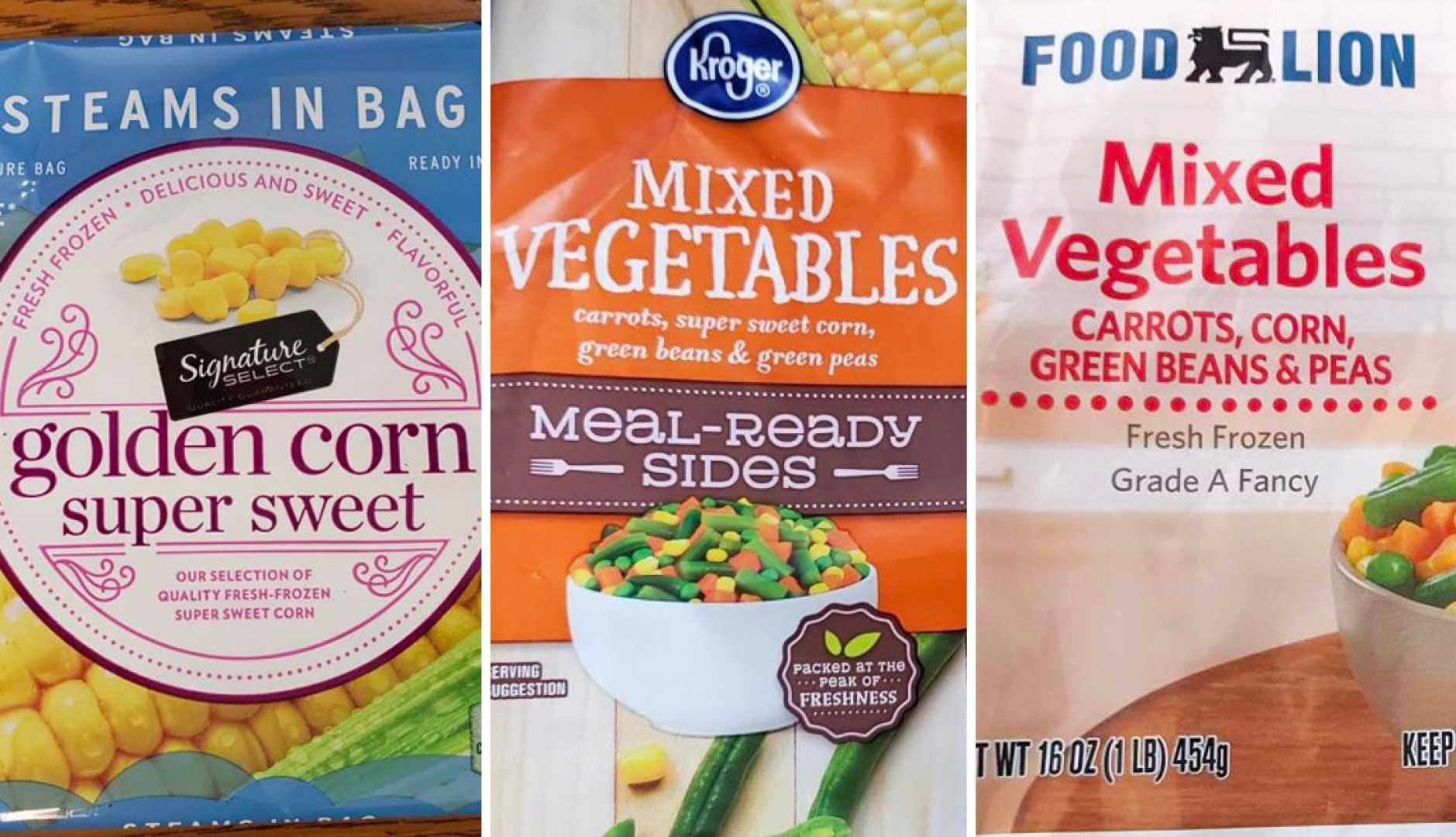News
Major Food Recalls Issued Across 23 States This August

WASHINGTON, D.C. — Several major food recalls have been issued this August, prompting federal officials to warn consumers not to eat certain products sold in select stores across the country. These recalls affect salads, ice cream, and frozen shrimp.
On August 26, Taylor Fresh Foods announced a voluntary recall for the Taylor Farms Honey Balsamic Salad Kit. The recall was issued because some kits contained Asian Sesame Ginger dressing instead of the intended Honey Balsamic Vinaigrette, which resulted in undeclared sesame and soy allergens. The affected products have code dates starting with “TFRS” and “Best If Used By” dates through September 4, 2025. Distribution of these kits spans 23 states from Alabama to West Virginia.
Blue Bell Creameries also announced a recall on August 22 for a limited number of half-gallon cartons of Moo-llennium Crunch that were mistakenly packaged in Chocolate Chip Cookie Dough cartons. This error introduced undeclared allergens including almond, walnut, and pecan. Affected cartons carry the code 061027524 on the lid and were distributed in several states, including Texas and Louisiana. No illnesses have been reported, but Blue Bell urges consumers to return the product for a full refund.
On August 19, the FDA warned the public regarding certain frozen shrimp from Indonesian company PT. Bahari Makmur Sejati after cesium-137 was detected in shipping containers. Affected states include Alabama, Georgia, and Texas. The FDA has placed the supplier on an import alert and is coordinating with U.S. authorities to investigate.
According to a Walmart spokesperson, “The health and safety of our customers is always a top priority. We have issued a sales restriction and removed this product from our impacted stores.” Consumers who purchased the Taylor Farms salad kits can call 855-455-0098 for more information. Blue Bell recommends returning affected ice cream to the point of purchase for a refund.
For the shrimp, the FDA advises disposal of the product and consulting a healthcare provider if exposure is suspected. They reassured the public that while samples showed levels below the Derived Intervention Level, prolonged exposure could pose long-term health risks.












